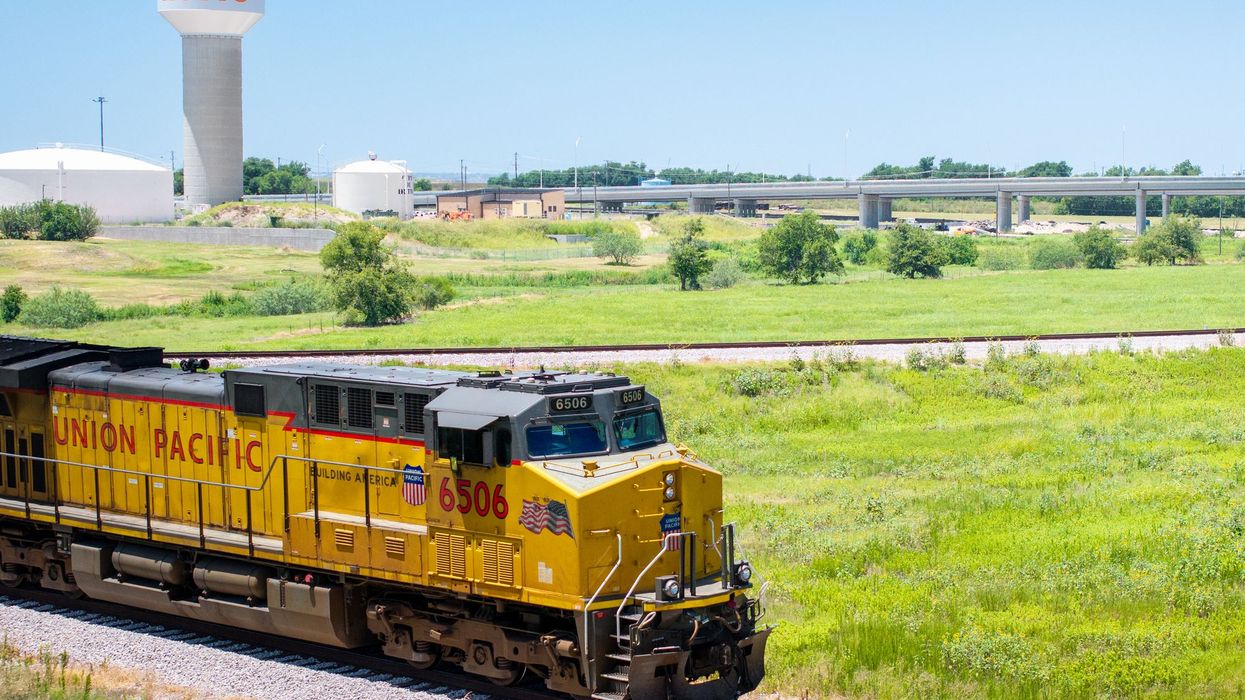Hundreds of the men and women who flee each year to Cyprus in search of refuge and asylum from war, persecution and poverty are locked away by the island's authorities in breach of their international obligations, Amnesty International said in a new report.
Punishment without a crime: Detention of migrants and asylum-seekers in Cyprus examines the deficiencies in Cypriot law and practice that result in the violation of the rights of irregular migrants and asylum-seekers. It calls on the Cypriot authorities to bring the country's legislation in line with international standards.
''Detention should not be a tool for regulating migration. Cypriot authorities are wilfully violating International and European Union law when they detain irregular migrants without examining alternative measures and demonstrating that their detention is indeed necessary," said Jezerca Tigani, Europe and Central Asia Deputy Programme Director at Amnesty International.
"Instead it is routine to deprive them of their liberty, for months or years, not because they have committed some crime but simply to effect their deportation and even in cases where their deportation is impossible."
Most are detained for months and even for years, often in poor conditions without access to adequate medical care and usually unable to challenge the lawfulness of their detention due to the paucity of free legal aid. In many cases, the Cypriot authorities refuse to free people even in the case of a Supreme Court ordering their release.
Revisiting Blocks 9 and 10 of Nicosia Central Prison, and Lakatamia, in mid-June 2012, an Amnesty International delegation did not witness any substantial improvement in the overcrowded unhygienic conditions further exacerbated by the summer heat.
Some asylum-seekers remain in detention throughout the period where their applications are examined. Amnesty International is aware of cases where asylum-seekers were deported while their case was pending before the Supreme Court.
''While they wait for a decision on their asylum application, asylum-seekers are in an extremely vulnerable position and should not be subject to immigration detention except in the most exceptional circumstances as prescribed by international and regional law and standards,'' said Jezerca Tigani.
Each decision to detain should be automatically and regularly reviewed as to its lawfulness, necessity and proportionality by a court or similar competent independent and impartial body, accompanied by the adequate provision of legal aid.
As this does not happen, hundreds of people are unnecessarily and therefore unlawfully deprived of their liberty on months end.
Cases
K, mother of three, fled her native Iran in 2003, on arrival in Cyprus the following year, she immediately applied for asylum but application was rejected. In 2008, she married in a mosque a recognized refugee in Cyprus, and later that year gave birth to a daughter. In August 2011, the police arrested her at a local market because her documents were not in order. K told Amnesty International in December 2011 in Nicosia Central Prison, where she had spent five months: "My child thinks her mother abandoned her and has developed many psychological problems.'' In January 2012, the authorities released K provisionally and gave her three months to get her papers in order and re-marry her husband in the town hall. However, town hall officials told her that she needed a valid passport. To obtain one, the Iranian embassy requires a birth certificate which she cannot get in time. She said: "Last time I went to the immigration authorities they told me to not worry, they said that when my conditional release period is over, they will detain me for another six months and then let me go again for another three months. They think this is OK but it is not. What will happen to my kids?''
O, a Sierra Leonean rejected asylum-seeker, arrived in Cyprus in 2001 from of Sierra Leone. He explained that he had fled Sierra Leone as a result of events arising from the decade-long civil war in the country... In 2004 the Cypriot authorities closed his file, saying that they could not locate him to examine his application. In February 2005, he was arrested and in the following three years the authorities tried to deport him four times. O. was released in May 2008, after 39 months in continuous detention. He was eventually forced to take up illegal work and was arrested again in October 2010 for "illegal stay and employment". In August 2011, he challenged the lawfulness of the length of his detention before the Supreme Court. He won and the court ordered his immediate release. However, before he left the court premises he was arrested and detained once again. The new arrest order was dated one day before the Supreme Court judgment was issued. O. was deported to Sierra Leone in February 2012, having spent in total more than four years in detention in Cyprus.




